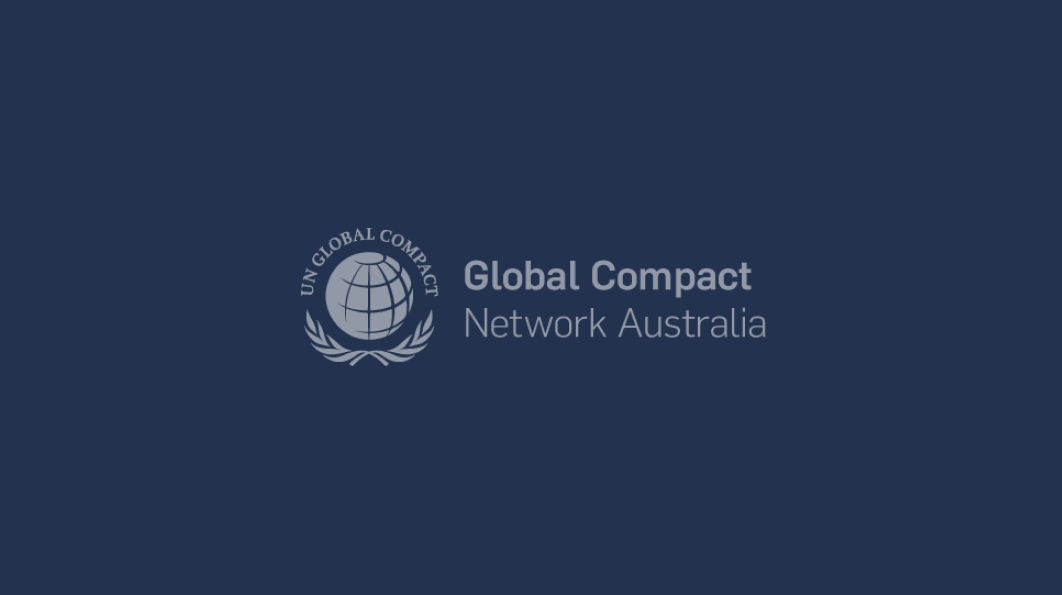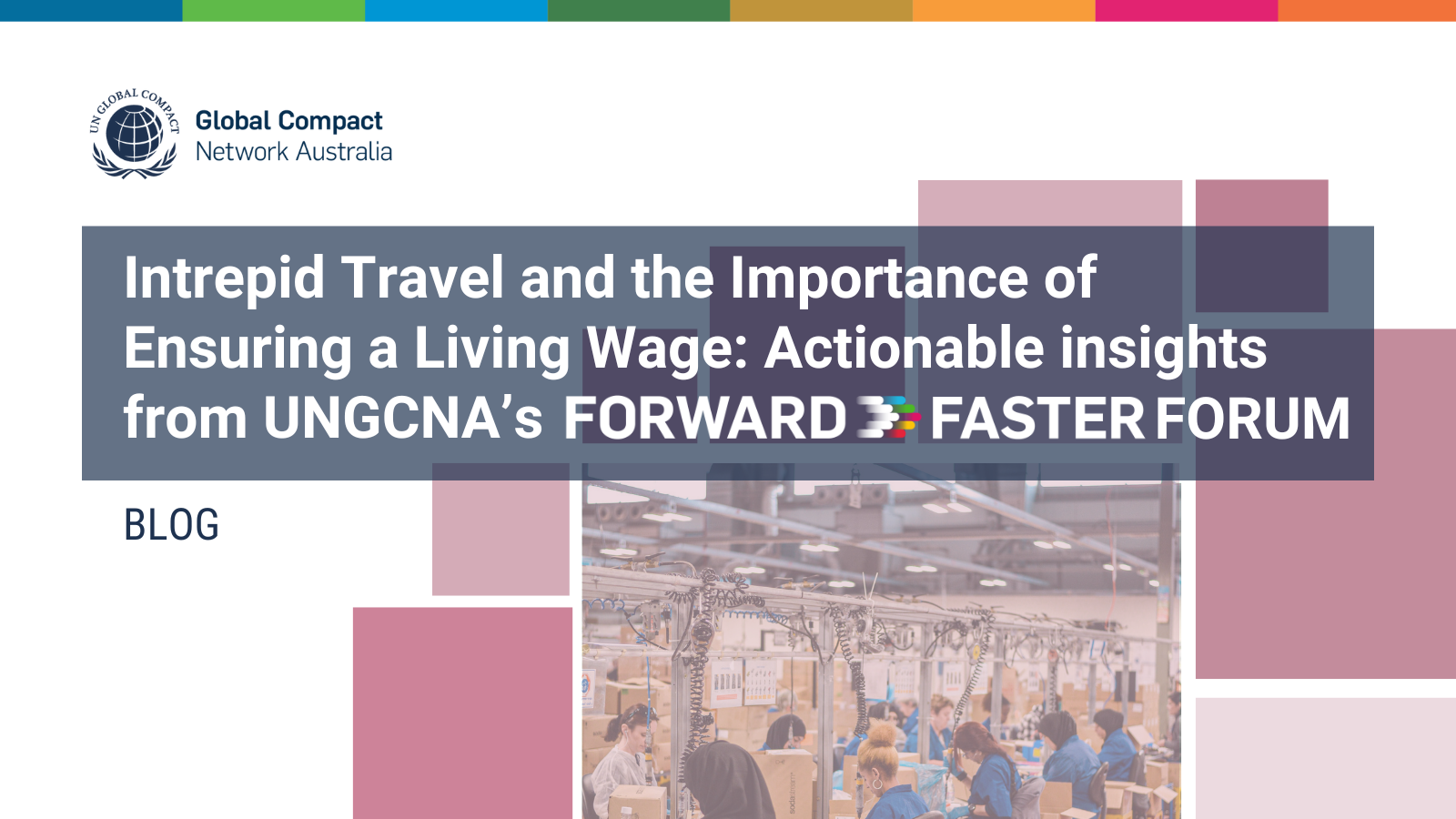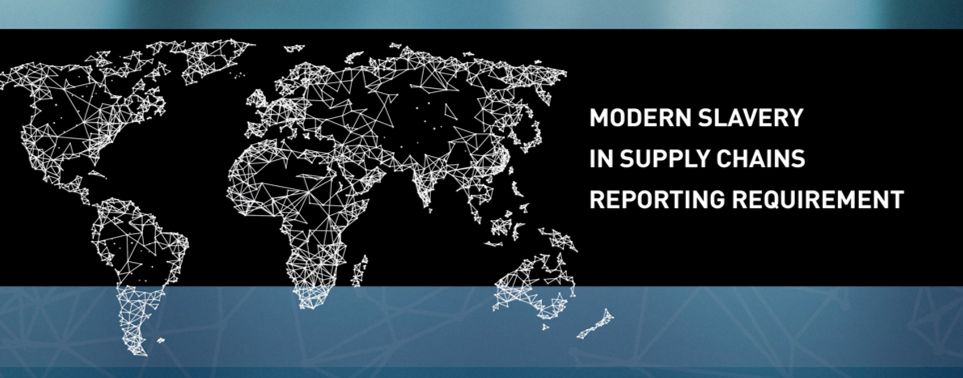
Business & Human Rights, Case Studies
Rio Tinto: Staying Safe at Work… and at Home
UN Global Compact Network Australia | March 8, 2016
Rio Tinto is a leading global mining and metals company, with a dual listing on the Australian and London stock exchanges, and with operations in over 40 countries across six continents. For Rio Tinto, safety and respect for human rights have long been part of the company culture – and now in Australia, the company is taking action on domestic and family violence to help ensure safety at work and at home.
Domestic and family violence is prevalent in Australia. One in three Australian women will experience physical violence in her lifetime, and 1.4 million Australian women are living or have lived in an abusive relationship. Around 800,000 of these women are in the paid workforce*. Men too can be victims and preventing domestic and family violence needs to consider both genders.
Based on the statistics, both victims and perpetrators are present in all large Australian workplaces (and many smaller ones). Accordingly, domestic violence is a workplace issue. People experiencing violence find it more difficult to attend work, often need to take time off, and their performance is impacted when they are at work. KPMG estimates that by 2021, domestic and family violence will cost Australian businesses $609 million each year. In relation to female victims, research suggests that economic factors are a key predictor of whether women experiencing violence stay in, leave or go back to abusive relationships. As work can provide economic independence to victims of domestic and family violence, it can be critical to supporting and empowering women.*
In late 2014, Rosie Batty shared her experience of domestic violence with the Male Champions of Change group, of which Rio Tinto’s Greg Lilleyman is a member. A key takeaway for the leaders present was that gender equality cannot be achieved without tackling family and domestic violence, and an outcome from the meeting was a commitment from the champions to identify how their workplaces could make a difference.
“Like many leading companies, Rio Tinto’s commitment to health and safety at work is longstanding. Wherever possible, we seek to ensure our health and safety messages and processes are taken into the home and non-work environment of our employees. Statistics tell us that it is probable that amongst our workforce we will have people experiencing domestic violence. We decided to take specific action on domestic and family violence because we can have an impact, because it’s the right thing to do, and because it’s important for our employees and the business.”
Joanne Farrell, Global Head, Health, Safety, Environment and Communities
Rio Tinto explored how to promote greater safety and security at home by using its well-developed and embedded safety, health and community systems to address domestic and family violence. The work also tied into Rio Tinto’s work around human rights, inclusion and diversity. An early step was to introduce domestic and family violence issues into the company’s regular safety briefings called ‘HSEC shares’ which occur at the beginning of every meeting at site and within corporate offices.
“Domestic violence can be a very challenging issue for people to acknowledge and talk about. However, getting people comfortable talking about it is critical to shifting the dial, and over time, we expect it will get easier.”
Greg Lilleyman, Group Executive Technology & Innovation
The company also started to explore frameworks for broader action. Rio Tinto identified White Ribbon as a leading organisation in this area, offering a valuable framework to support the company’s workplace response to domestic and family violence. As a result, Rio Tinto Australia has committed to becoming accredited as a White Ribbon Workplace.
Rio Tinto Australia’s decision to become White Ribbon accredited was announced to employees in the lead up to White Ribbon Day last year. The company then held morning teas to mark the day, with senior leaders delivering key statistics and messages around the company’s commitment to tackle the issue. The morning teas were well supported through strong attendance, with the company’s messages on domestic violence reaching hundreds of staff around the country.
As a key step towards White Ribbon accreditation, Rio Tinto recently established an internal steering committee to guide the company’s response. To ensure the committee’s authority to move the initiative forward, it is chaired by Mr Lilleyman, one of Rio Tinto’s most senior executives, and includes leaders from across the company’s key Australian business units, operations and functions. The committee will define and drive the company’s strategy around domestic and family violence.
White Ribbon accreditation also requires companies to conduct an internal survey, which the company is currently rolling out. The aim of the survey is to understand awareness of and attitudes towards domestic violence in the business, to help identify areas of priority, and to set a baseline to show the company’s progress over time.
Through the information gathered in the survey and with the guidance of the steering committee, Rio Tinto will develop a strategy to ensure it has the policies and processes in place to prevent and address domestic and family violence, support victims and continue raising awareness of the issue and the company’s commitment to tackling it.
“I have been very pleased to see Rio Tinto take steps towards becoming a White Ribbon Australia accredited workplace. As a business spread across many Australian regions, we can play such an important role in creating change within the communities in which we operate. Not only is this the right thing to do, but it is so important for improving gender equality in our nation – as we know violence against women is a manifestation of gender inequality.”
Greg Lilleyman, Group Executive Technology &Innovation
* Key statistics taken from Male Champions of Change, Playing our Part: Workplace responses to Domestic and Family violence


